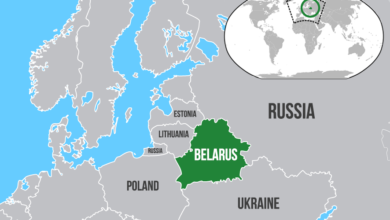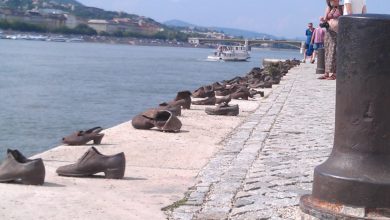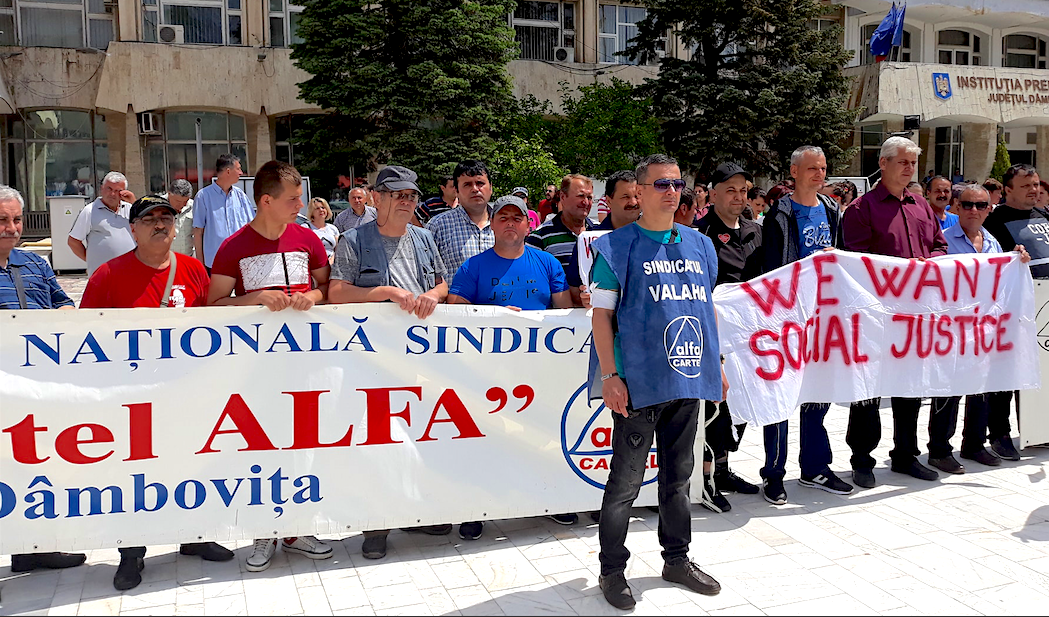A wave of militant
demonstrations is sweeping Europe as workers and students protest
high unemployment and refuse to accept harsh austerity measures,
including cuts in pay and pensions, demanded by the International
Monetary Fund and European Union. Mass protests in European cities
preceded the events in Tunisia that triggered the Arab Spring
uprisings, but the demonstrations today have clearly drawn
inspiration from those powerful ongoing rebellions against entrenched
elites.
The situation is
extremely fluid. As we go to press, one country most in the news is
Spain, where students and workers have taken to the streets to
denounce a political system in which they see both major political
parties serving the interests of the rich while demanding sacrifice
from the working class. The distrust of mainstream politics is
reflected in the name of the group organizing the protests: Real
Democracy Now. The depth of the protesters’ anger is revealed in
another name they have chosen: “los indignados”—The Indignant.
Their indignation
is spreading across the continent. Attempts at repression have
inspired more demonstrations. Police attacked in Barcelona on May 27,
firing rubber bullets and injuring nearly 100 peaceful protesters.
Protests in support of the Spanish students and workers have been
organized in Belgium, Britain, France, Germany, Italy and Portugal.
One of the many
iconic photographs from Cairo’s Tahrir Square was of a young man
holding a sign expressing solidarity with striking workers in
Madison, Wisc. The European demonstrations are also forging class
solidarity across the continent, with workers in France and Greece
citing the Spanish uprising as inspiration while organizing protests
in their countries. Thousands of French protesters demonstrated in Le
Havre, France, against the G-8 meeting recently held in Deauville.
Working-class
resistance to the cutbacks demanded by bankers has taken several
forms in Greece, a country with a long radical tradition. An
estimated 10,000 people recently demonstrated in Athens against high
unemployment, cuts in pay, and austerity measures. In addition to
demonstrations, there have been strikes, and thousands of people have
joined an “I Won’t Pay” movement, refusing to pay to use public
transportation, toll roads and public hospitals.
In May 2010,
protesters in Greece clashed with police and the country was
paralyzed by a general strike. The Greek workers are not alone. In
September 2010, country-wide strikes in France had broad popular
support. That same month a strike by transportation workers brought
London to a standstill. On October 27, 2010, more than 100,000 people
marched in Dublin against harsh terms imposed by the IMF.
More recently, on
March 26, London was the scene of a demonstration that drew more than
250,000 people opposing the most severe cutbacks since World War II.
June 3 was named by PAME (All-Workers Militant Front), a labor
federation allied with the Communist Party of Greece, as a day of
“all-workers’ activity against the plutocracy” with new mass
demonstrations in dozens of Greek cities nationwide. PAME activists
occupied the Finance Ministry and
hung a giant banner on the building.
The power of people
massing in the streets and the threat of strikes have led politicians
to hesitate before unthinkingly following the dictates of the ruling
class. The administration of Prime Minister George Papandreou
accepted a $145 billion bailout from the European Union and IMF in
2010 to avoid default.
The harsh terms
demanded by the money lenders, recently reaffirmed and made even more
draconian, included tax increases, spending cuts, and the forced
selling off of public assets. These include the ports in Athens and
Thessaloniki and the telecommunications company OTE. The German
company Deutsche Telekom already owns a 30 percent stake in OTE.
Recently Greek
politicians, in an implicit acknowledgement of anger in the streets,
have refused to ratify Papandreou’s effort to approve an agreement
with the European Union and IMF for another bailout loan of
approximately $133 billion. It would come with additional demands to
cut workers’ pay among other conditions. Even conservative parties
have refused to go along, and Aleka Papariga, leader of the Communist
Party, denounced the EU and IMF demands as “ideological terrorism”
against the Greek people.






